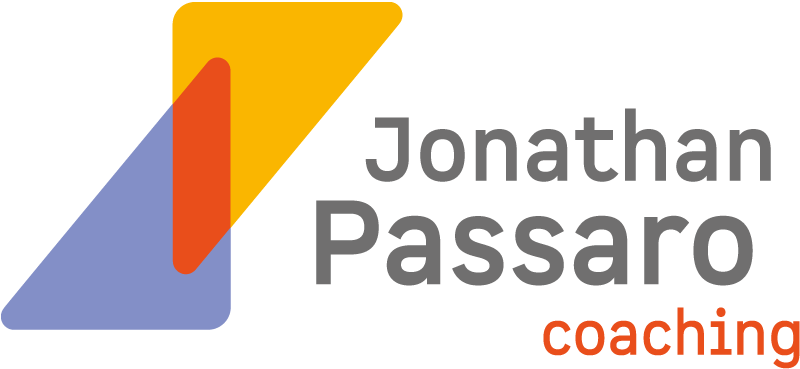How to Know When You Have Done Enough
La version française de ce billet est disponible ici.
Regardless of what you do and who employs you, one thing is sure: someone will always be there to ask you to keep doing more and more and more. If you are like most of my clients, you also put pressure on yourself to keep doing more, because you are never satisfied with your accomplishments. In this article, I’ll explore some reasons why it is important to keep this attitude in check — even if, like many, you credit your success (at least in part) to the attitude that you can always do more, and always do better.
Many people think about objectives as a source of pressure: we set goals in order to push ourselves to improve our performance. However — paradoxical though it may seem — having specific objectives can actually help to reduce stress.
Here’s a look at how and why.
First, clear and reasonable objectives can help you to say “no” with a clear conscience. On the one hand, learning objectives can help you to preserve time that you have set aside for projects that help you to develop specific skills. On the other hand, objectives related to the quantity of work you have to do (hours worked, money earned, deliverables produced, etc) can help you to turn down work without unnecessary guilt once you know that you are on track to attain your objectives with your existing workload. In both cases, having an objective method for measuring your goals against the means necessary for achieving them can help overcome the difficulty of saying “no” due to guilt or perceived under-performance.
Secondly, having a precise idea of your objectives is an effective means of silencing (or at least quieting) your inner critic. For example, following his annual evaluation, one client was particularly stressed when his superiors stated that he had to “be “better” at certain aspects of his work — but providing little detail as to what “better” meant. My client’s distress was understandable: because one can always improve one’s work, “better” is an ever-moving goalpost. For that reason, I worked with the client to help him to develop a precise definition of a “better” version of each aspect of his work that his managers had identified as needing improvement in the future.
In this way, he could follow his progress objectively, without falling into the trap of wanting to always do “better” without first having an idea of when he had attained “good enough.”
In short, instead of being a source of unnecessary stress, objectives that are concrete, precise and reasonable can help to work more effectively and ensure your progress towards your professional goals. Importantly, they also help you to know when it’s ok to go easy on yourself.
What are your biggest sources of stress? How can coaching help you to deal with them? Contact Jon here to talk it over. If you would first like to know more about his experience and qualifications, click here.
